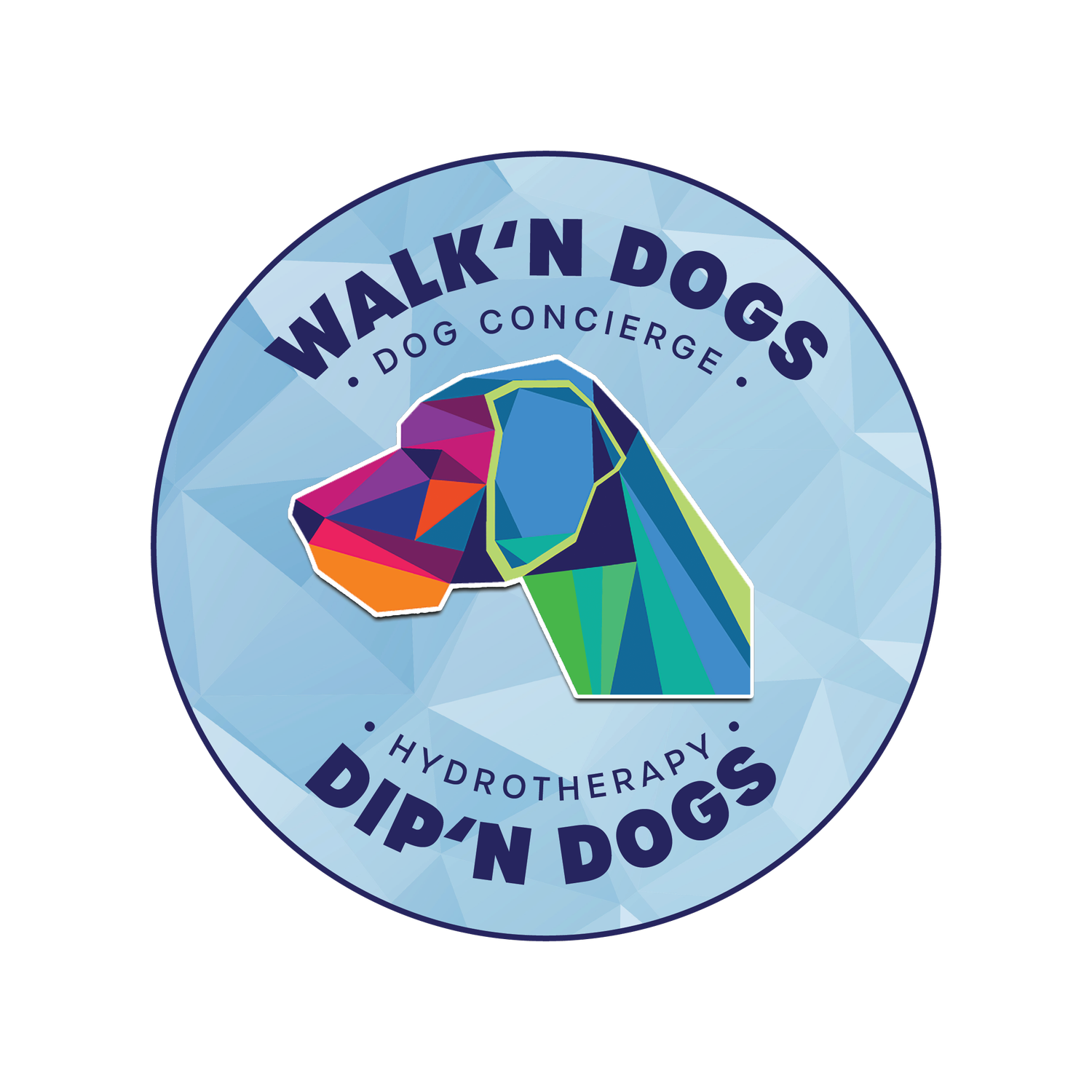Signs & Symptoms of Joint Pain in Dogs
If you’re a dog owner, then you know, there’s nothing as satisfying as the greeting from your perfect pooch after a long day’s work. However, if for some reason your dog doesn’t greet you like they used to, this may be alarming and a red flag. It may not be for the reason of not wanting to, it could be that your pup may be silently crying out for help and/or suffering from a very common condition as they age. Arthritis and joint pain are becoming more and more common in dogs over the age of eight, especially in specific types of breeds. In general, the larger the breed of dog, the more likely they are to suffer from joint pain, and the earlier you need to start preventative measures.
Breeds Commonly Prone to Arthritis:
German Shepherds
Golden Retrievers
Labrador Retrievers
Rottweilers
Mastiffs
Great Danes
Dachshunds
Newfoundlands
St. Bernards
Dog’s are experts at hiding their pain and will try their hardest to keep their suffering a secret. If you have not yet noticed any signs of joint pain, you’re very lucky, as most dogs will be affected by the condition at some point in their lives. The best time to take action is before symptoms are present. Luckily, there are signs and symptoms to keep an eye out for:
Decreased Energy
If you notice your dog’s overall energy levels have significantly and suddenly decreased, your dog may be experiencing inflammation in their joints. For example: difficulty in rising, jumping or being active is the most often cited sign by pet owners.
Gait Change/Stiffness/Limping
Limping and changes in your dog’s gait, whether it’s while getting up, going up steps, or during a walk, are all signs that your dog may be having joint pain, muscle spasms, or inflammation.
Licking, Chewing or Biting
Pay attention to where your dog is licking or grooming themselves. Excessive attention in one area of the body might be a result of joint pain. Also, If your dog has become irritable in certain areas of their body, they may be suffering from hidden pain.
Depression/Irritability
If your dog is experiencing changes in their personality or becoming grumpy when petted in certain areas, arthritis could be the culprit.
Weight Gain
Obesity is often an indirect sign of joint discomfort, as dogs become less active due to pain. If you notice they aren’t wanting to walk, play or move around in general, weight gain is common but can make arthritis even worse.
Arthritis is defined as painful inflammation and stiffness in the joints. There are several different types of arthritis that can affect dogs, but the most common is osteoarthritis — also known as degenerative joint disease. As dogs age, the cartilage in their joints begins to thin. This cartilage serves to cushion and protect the bones in the joint, and if it thins too much, the bones can rub against each other and break down. The resulting friction causes pain and loss of mobility. The most common locations are the hips, elbows, knees, wrists, shoulders, ankles, and lower back.
With knowing all of this, attempts should be made to help slow down the degeneration of the joint and repair the loss of the cartilage. Keeping your dog mobile, healthy and happy all play a significant role in preventing this orthopedic condition. There are a variety of supplements, exercises and approaches recommended to manage this disease and get to the root of the cause. Fortunately, with these growing times, research and solutions are being provided for the common dog owner to help keep their dogs healthy. We all want what’s best for our faithful fur-children, and we will go above and beyond to help them in any way. Here are our recommended strategies for managing your dog’s arthritis and joint pain:
Healthy Diet
Making sure you are feeding your dog foods that aid in their health and are anti-inflammatory will aid in managing joint pain. Keeping them hydrated with water is also very important.
Consistent, Safe Exercise
Different breeds need different levels of exercise. Low impact, consistent walks are good for both your dog and yourself. Hydrotherapy is a great option for dogs with mobility issues and will keep their muscle mass strong to ensure their body is strong.
Canine Massage
For dogs suffering from joint issues, a massage can go along way to help relieve tension and increase flexibility. Make sure to take your dog to a certified professional and pay attention your dog’s responses.
Supportive & Comfortable Bedding
Please do not skimp on your dog’s bed. Investing in bedding with padding and support for their entire body is critical.
Supplementation
We recommend CBD oil for dogs who have any inflammatory condition. It also is a holistic alternative to pain medication, with no harmful side effects and no psychoactive effects. Turmeric supplements are also great for keeping inflammation at bay. You can purchase CBD oil right here through our website.
Let’s strive to support fit, structurally sound dogs and maintain them with excellent nutrition. This mixed with age and breed appropriate exercise keeping them at optimal body weights and beginning supplemental integrative therapies early or when they show symptoms of inflammation, pain and arthritis. Always consult with a knowledgeable veterinarian or holistic care provider before supplementing. All dogs are different, as well as their needs.

